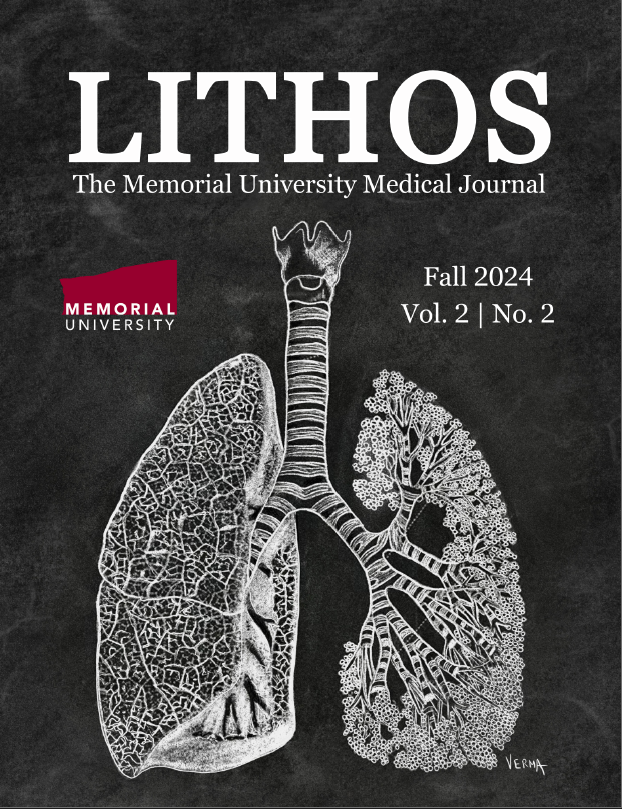The Effectiveness of Cognitive Behavioral Therapy for Insomnia in Older Adults
Abstract
Insomnia is a common sleep disorder encountered in older adults which causes many difficulties in daily life. Given safety concerns with sedative-hypnotic pharmacotherapy, behavioural treatments including Cognitive Behavioural Therapy for Insomnia (CBT-I) are preferred in the elderly. We have provided an updated evidence review of CBT-I in this population. A rapid review of randomized controlled trials evaluating CBT-I interventions in adults aged 60+ was conducted using a search of the databases PubMed and PsycINFO, returning 21 articles for analysis. Specific CBT-I interventions including individual, group, therapist-led, and self-guided formats were evaluated. Trials for novel formats including telehealth CBT-I were also assessed for subgroup analyses involving older adults. Quantitative (total sleep time, sleep efficiency, insomnia severity, etc.) and qualitative (participant feedback, etc.) outcomes were assessed. The research showed steadfast evidence for the effectiveness of CBT-I as the preferred intervention for insomnia disorders in the elderly. It also showed the promising results of self-help, group and virtual modes of delivery of CBT-I which may help alleviate accessibility concerns to the service in the future. This represents a key area for further work to improve access to insomnia interventions in older adults.
Published
How to Cite
Issue
Section
License
Authors who publish with this journal agree to the following terms:
- Authors retain copyright and grant the journal right of first publication with the work simultaneously licensed under a Creative Commons Attribution License that allows others to share the work with an acknowledgement of the work's authorship and initial publication in this journal.
- Authors are able to enter into separate, additional contractual arrangements for the non-exclusive distribution of the journal's published version of the work (e.g., post it to an institutional repository or publish it in a book), with an acknowledgement of its initial publication in this journal.
- Authors are permitted and encouraged to post their work online (e.g., in institutional repositories or on their website) prior to and during the submission process, as it can lead to productive exchanges, as well as earlier and greater citation of published work





